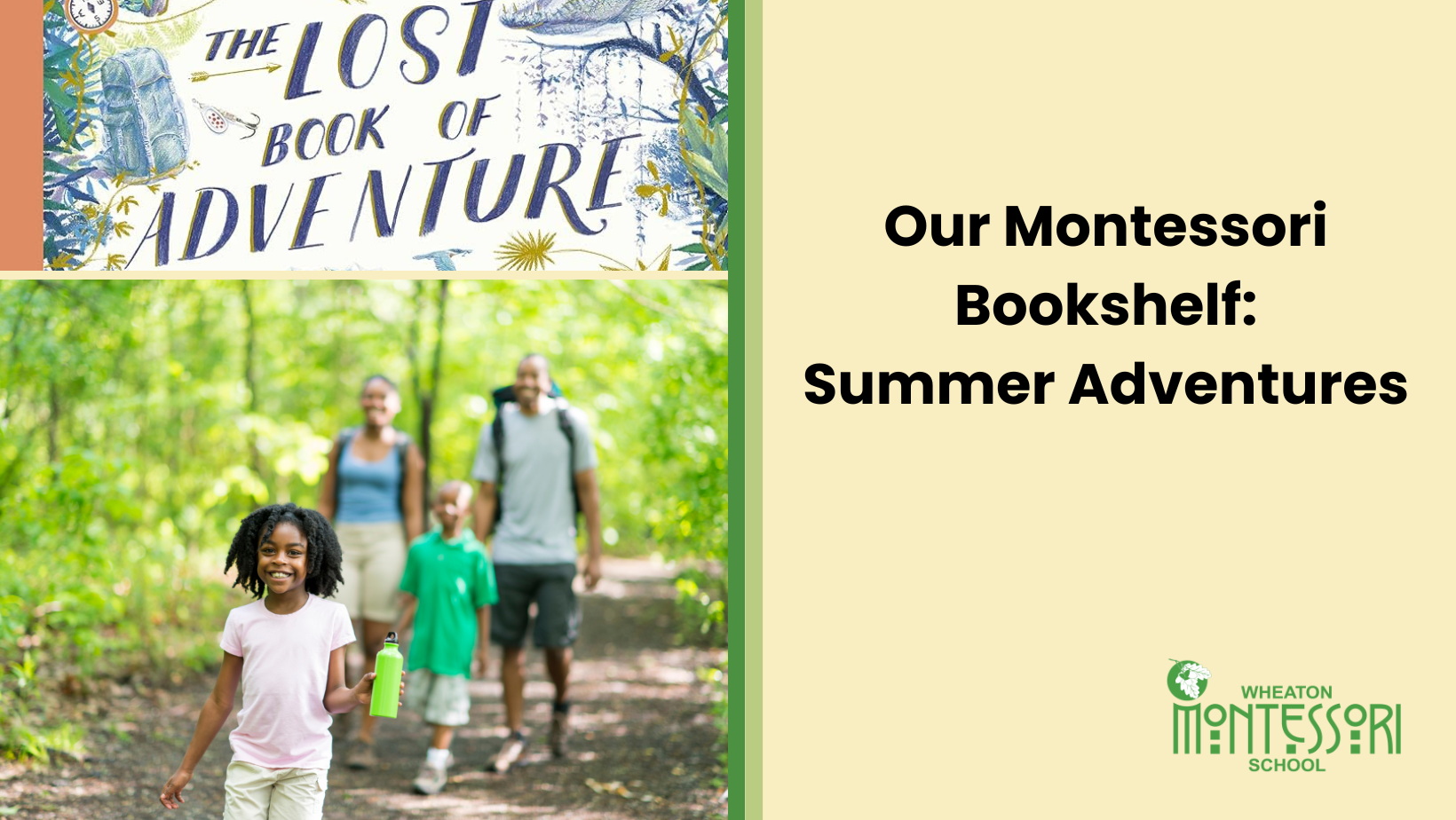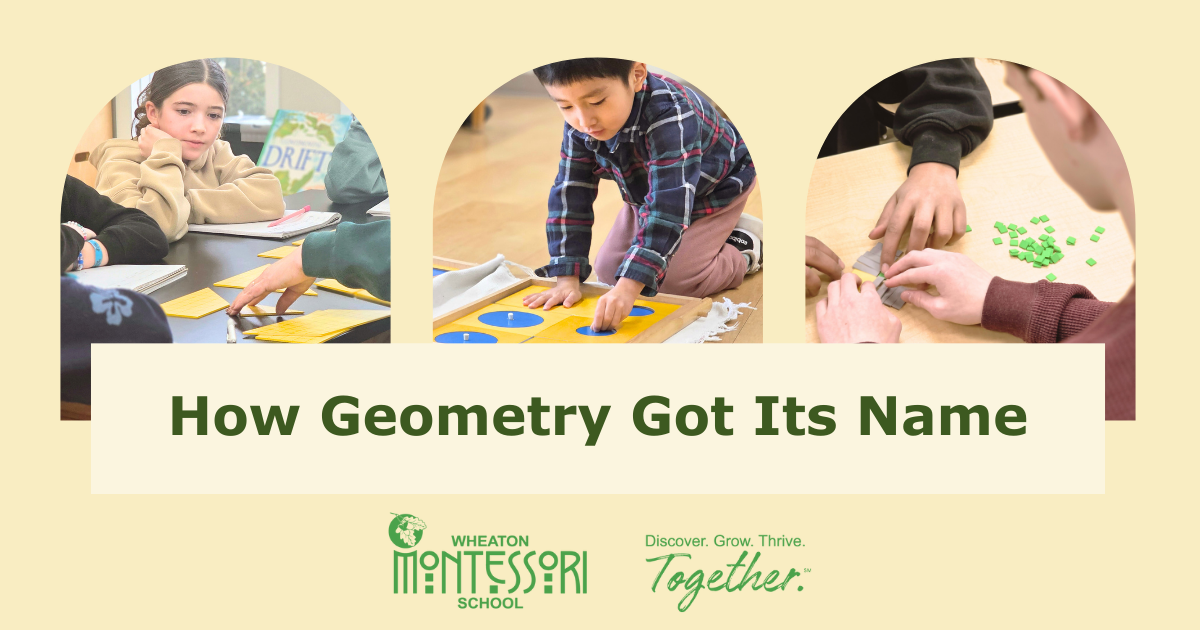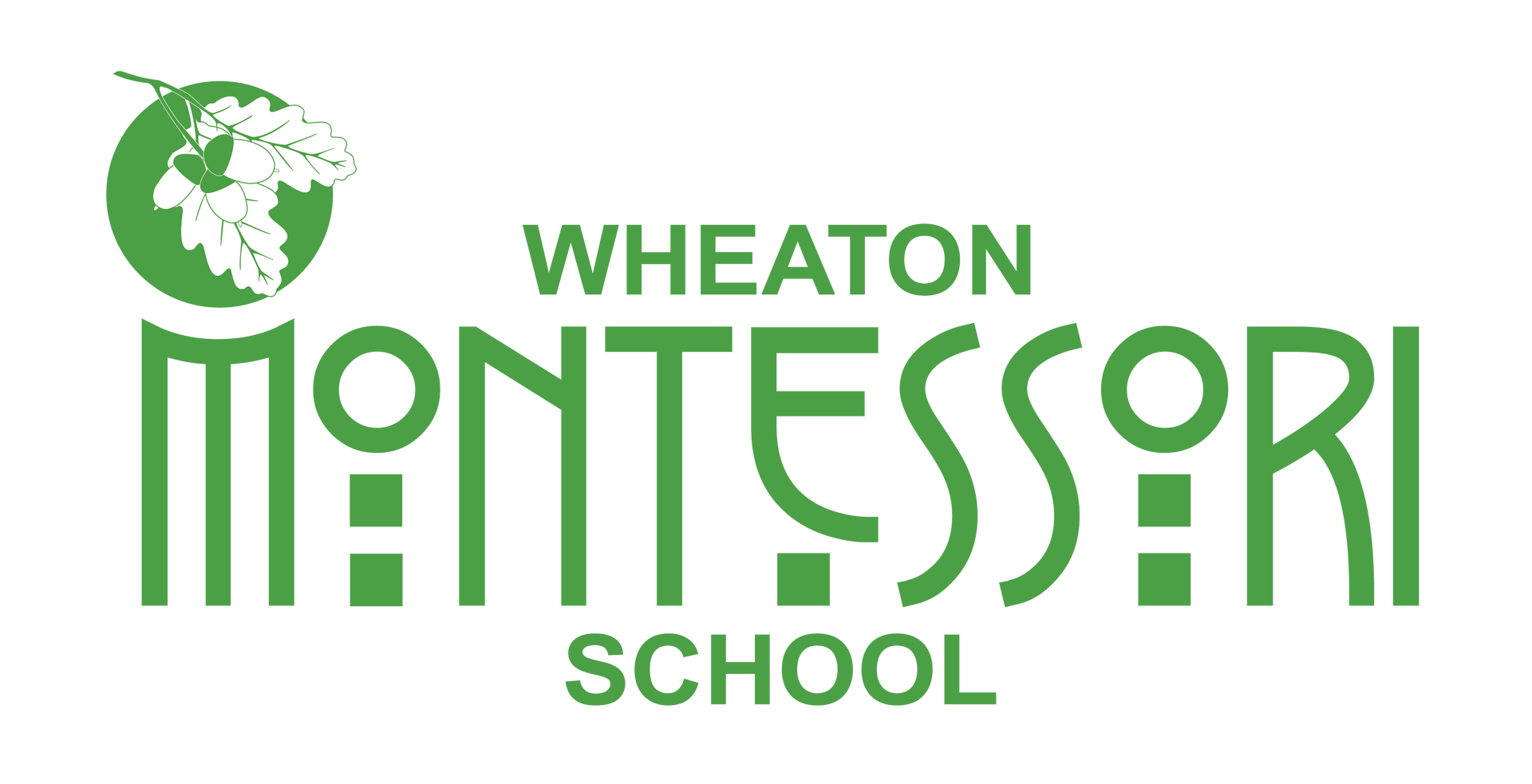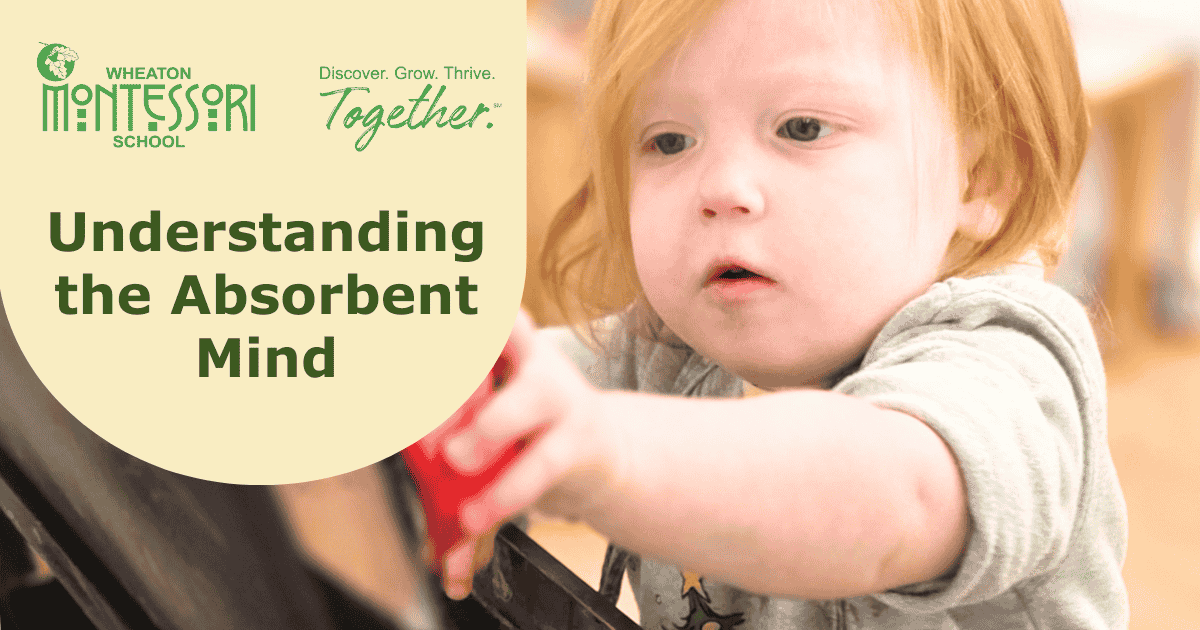
Bring on the adventure! Navigate the neighborhood, traverse a local forest, or splash along a stream. More and more research shows the importance of unstructured time in nature. Today’s blog opens with a nature bucket list and follows with a book recommendation to inspire more excursions.
Let us know your favorites from the list below and suggest local spots you visit.
- Climb a hill or a mountain.
- Explore a new hiking trail.
- Walk, bike, or skate along a bike path.
- Canoe or raft on a local river.
- Explore a nature area near your house.
- Climb a tree.
- Learn how to use a compass and map to find your way.
- Learn how to pitch a tent.
- Learn how to make a fire.
- Cook breakfast outdoors.
- Make sandcastles.
- Make mud pies.
- Search for invertebrates in rock pools or streams.
- Build a fort or lean-to in the woods.
- Spend some hours making dams and bridges on little streams.
- Try catching frogs.
- Try catching fireflies in a jar.
- Identify constellations.
- Find the North Star.
- Learn where north, south, east, and west are concerning your home.
- Watch the Perseid meteor shower (which peaks August 12, 2024).
- Build a birdhouse.
- Whittle a piece of wood.
- Name local birds in your neighborhood (use binoculars, bird songs, etc.).
- Identify the trees in your area.
- Create a little museum (e.g. shells, rocks, feathers, etc.).
- Keep a nature journal.
- Dig for worms.
- Go fishing.
- Go for a night hike.
- Pick fresh berries and bake a pie.
Teddy Keen, compiler and editor of The Lost Book of Adventure: from the Notebooks of the Unknown Adventurer, was on a trip in a remote part of the Amazon when he came upon an abandoned shelter. In it, he and his friends uncovered a rusty metal container. Inside the container was a slew of notebooks, journals, and sketchbooks – a compilation of some unknown person’s adventures, wonder, and knowledge from around the world with the message: “Be good, be adventurous, and look after your parents.”
After years of restoration, compiling, and editing, The Lost Book of Adventure shares this unknown explorer’s beautiful (digitally remastered) artwork and offers practical tips and invitations to launch adventures in your backyard.
Organized into thematic sections—camping, rafts and rafting, creating shelters, exploration, and general useful knowledge—the book is a kind of journey from cover to cover. It invites exploration of its pages. You want to discover the next illustration, caption, short narrative, or snippet of advice.
The book also serves as a reference guide. How do you go to the bathroom in the woods? How can you make a bedsheet hammock? How do you climb a mountain? You can flip to just the content you need.
The book balances an allure with enough practical, concrete tips, tools, and tricks to make it all seem possible. Check it out for your middle-grade readers or plan to read parts of it to your younger child.
Visit Wheaton Montessori School to observe your family’s school adventures. As of Summer 2024, we have extremely limited openings for children under four and a waitlist for kindergarten and Montessori transfer students. Our waitlist for 1st-9th grade is closed.
Here is a printable version of our adventure list.


